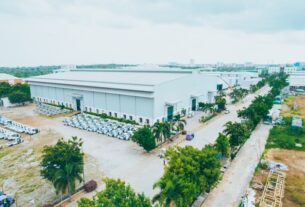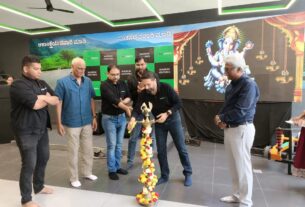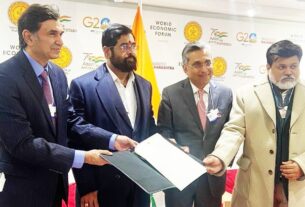With the world EV Day 2022 just around the corner, brand heads and e-mobility experts convey their messages on how India can strongly and steadily advance its automotive electrification initiative. These EV stalwarts will come together at E-Mobility India Forum powered by NGV India Summit on 29 September 2022 at Le Meridien, New Delhi to deliberate on “Electrifying the future of clean mobility”.
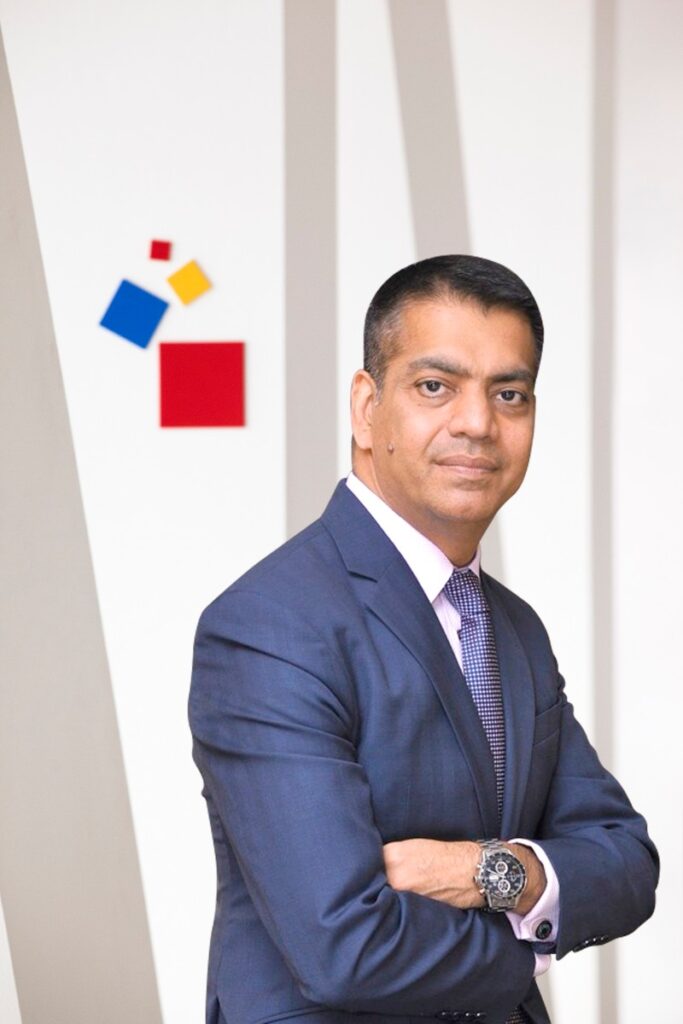
India’s goal to “electrify” transportation and mobility is progressing at a steady pace. According to a report by the Society of Indian Automobile Manufacturers (SIAM), total passenger vehicle and two-wheeler sales were up by 11.12 per cent and 10 per cent respectively in July 2022 compared to the same month in 2021, while utility and three-wheeler clocked 10.51 per cent and 72 per cent growth respectively for the same corresponding period. However, the EV industry still has a long way to go before it can make a dominant run in the Indian automotive ecosystem.
On the occasion of World EV Day, renowned advocates of e-mobility including EV brand leaders and experts have put forth their viewpoints on how India can fast-track the development of its EV sector.
The global automotive industry is undergoing a paradigm shift at present, exploring alternative fuels and renewable energy options with the objective to drive “clean mobility” and cut down on carbon emissions. “Electric vehicles are among the key drivers of sustainable energy future as it will help us to achieve our carbon-neutral goal. Be it country, utility, industry, infrastructure or society, it will require us all to collaborate, co-innovate and co-create EV ecosystem,” highlighted Mr Akilur Rahman, Chief Technology Officer, Hitachi Energy India.
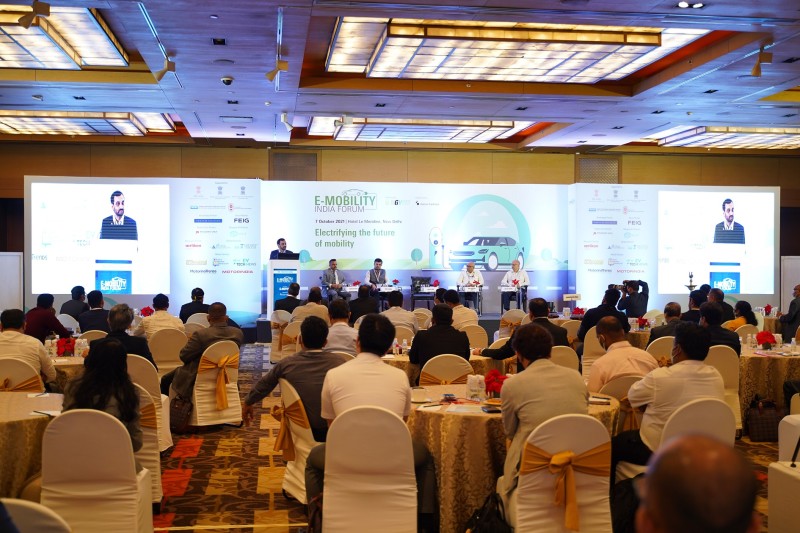
To make e-mobility a more compelling prospect, it is very important for charging stations to be built in all cities and rural areas of India, just like petrol pumps. Highlighting the fundamental importance of charging infrastructure, Mr Virendra Goyal, Head – Business Development (EV), Tata Power, stated: “Development of an easy, accessible charging infrastructure is absolutely essential for large scale adoption of EVs.” Elaborating on the idea, Mr Ravi Kumar Panga, CEO & Director, Causis Group, commented: “EVSE is a core component of a healthy EV ecosystem and requires adequate planning and dedicated electrical infrastructure at various levels of the distribution grid.”
Proper compliance with standards and regulations for battery safety announced by the Indian government will also be an essential factor in encouraging consumers to switch to EVs. As Mr Atul Arya, Head – Energy Systems Division, Panasonic Life Solutions India, suggests: “Better safety and reliability would drive consumer acceptance and demand for electric vehicles.”
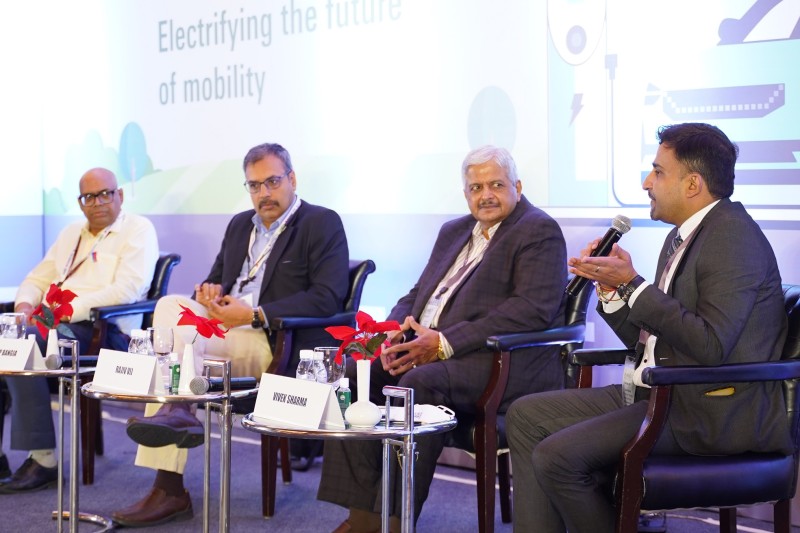
The Brihanmumbai Electric Supply & Transport Undertaking (BEST) carries around 4.5 million passengers every day on buses including those operated by diesel which add to citywide air pollution alongside the autonomous petrol and diesel-run vehicles. Government’s recently proposed plan to make BEST buses “100% green energy based” will contribute to more inclusion of electric buses in the fleet.
Tarun Mehta, Co-Founder & CEO Ather Energy “This year’s World EV Day is particularly significant. EV demand has been increasing across the country in recent months. The transition to sustainable modes of transportation has begun well, largely led by electric two-wheelers. Electric vehicles are the single biggest hope for achieving a decarbonised world and faster adoption of EVs is the first step towards this goal. At Ather, we are proud to be pioneering the E2W movement in the country with our range of electric scooters and our widespread charging infrastructure. Each day, Ather users are riding more than 10 lakh kilometres saving 25,000 litres of petrol and 57.5 tonnes of C02. The rising demand makes it quite clear that consumers are open to shift to EVs from ICE vehicles and the industry needs to support this by offering better performing electric vehicles. I am hopeful that with the constant support of the government, we will achieve our country’s EV goals by transitioning to a fuel free future.”
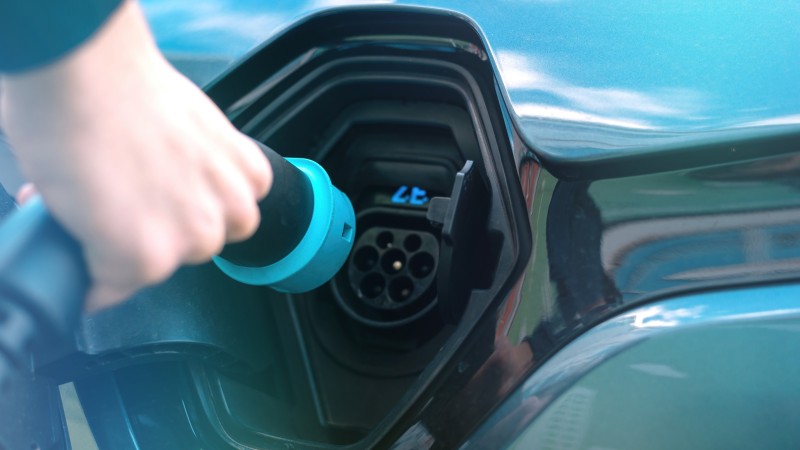
Advocating the electrification of public transport, Dr Kanakasabapathi Subramanian, Senior Vice President – Product Development, Ashok Leyland, makes his remark: “Clean mobility in the public transportation segment will be significant in lowering emissions, as public transport accounts for a large portion of all transport.” Taking a step towards this initiative, Mr Mahesh Babu, Chief Executive Officer, Switch Mobility, said: “The ultimate aim of electrification is to achieve net zero. Let me give you an example – an electric double-decker bus would reduce about 70 tons of CO2 per bus per annum. Switch is planning to run about 200 electric double-deckers in Mumbai which will save a substantial amount of CO2 in the environment. It is equivalent to planting 86,000 trees per annum in Mumbai.”
Also showing commitment to sustainable, green and clean mobility solutions, VE Commercial Vehicles (a joint venture of Volvo Group and Eicher Motors) said that they aim to accelerate the transition to environment-friendly, made-in-India electric vehicles. Mr Akash Passey, President, VE Commercial Vehicles, said: “To improve EV adoption and to provide a smoother transition from the current diesel vehicles to electric vehicles, we have not only been deploying and maintaining electric buses across the country, but are also helping in our own small way transport bodies to set up charging stations as well as the supporting infrastructure”. Sharing this sentiment Mr Suresh KV, President & Regional Head, ZF India, added: “We continuously pursue the goal of a cleaner and more efficient transportation, and to that effect, we develop and manufacture components along with network systems for electro-mobility.”
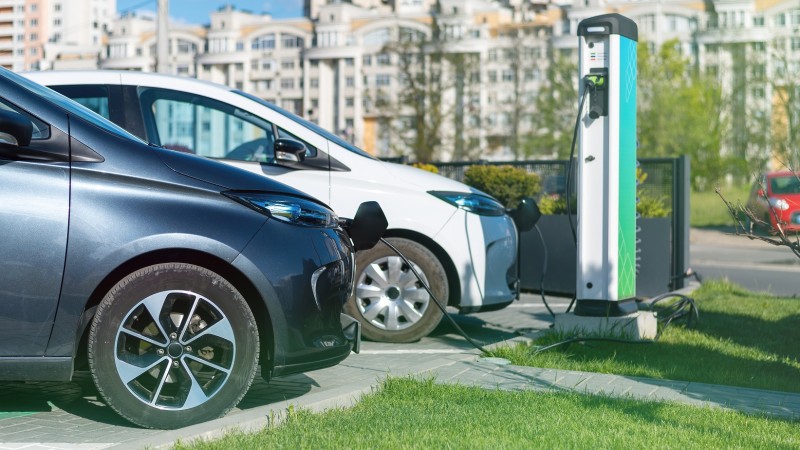
These industry stalwarts will share the dais alongside Mr Guruprasad Mudlapur, Joint Managing Director & Chief Technology Officer, Bosch and Mr Sudhendu J. Sinha, Advisor – Infrastructure Connectivity – Transport and Electric Mobility, NITI Aayog among others, as speakers of the second annual edition of E-Mobility India Forum powered by NGV India Summit at Le Meridien, New Delhi on 29 and 30 September 2022.
The two-day forum will address some of the most crucial industry-focussed topics, such as: Understanding consumer attitudes and perceptions towards EV adoption, localisation, developing charging infrastructure, new business models powered by the EV ecosystem and discussion on safety concerns, standardisation and regulatory needs of EV industry as well as a detailed market overview and trend forecast.
Gearing up for the second annual edition of the conference, Mr Raj Manek Executive Director and Board Member, Messe Frankfurt Asia Holdings Ltd, shares about India’s switch to e-mobility: “To reduce India’s reliance on fossil fuel vehicles and encourage mass adoption of EVs in India, there are several challenges that must be resolved. From setting up strong policies and framework, to reducing battery costs, to building a well-allocated charging infrastructure, E-Mobility India Forum will bring decision makers and industry experts to address critical issues and exchange ideas that will enable EV industry in India to reach its true potential.”
The switch to electric vehicles will be a big boon for India, allowing one giga tonne of reduction in carbon dioxide emissions and lowering oil imports by billions of dollars. As a premier conference for the EV industry, E-Mobility India Forum powered by NGV India Summit 2022 will play a major role in this epic transition.
Rajiv K. Vij , Founder, Plug Mobility – India’s first electric vehicle (EV) mobility-as-a-service (MaaS) platform
Plug Mobility, promoted by Carzonrent is dedicated to leading the transition of the commercial mobility industry from diesel-driven polluting fleets to EV fleets and has adopted a comprehensive methology to enable the same. In order to meet the energy needs of an EV fleet, we have built an eco-system of partners among the players in the used car market to assist ICE fleet owners in selling their current vehicles at the best prices, banks/NBFCs, leasing companies, and major charging infrastructure players to set up charge stations across India in our hubs/different parts of every city/airport locations/highways/IT Parks/Business Districts etc. We have also partnered with major OEMs to provide select car models and service support at preferred terms to our business partners to support the shift to EV fleets.
We already have a sizable customer base of over 600 major corporations, government agencies, PSUs, hotels, and airlines, and we provide EV mobility to all of them across India, offering them the same with added advantages in terms of reduced CO2 emissions, Carbon saving certification from an accredited agency, as well as cost savings. Numerous EV vehicles have been introduced to replace the fleets of ICE vehicles as a result of the eco-system.
We have no doubt that we will induct over 20000 strong EV fleets soon and assist/support the transition of 4 wheeler Mobility industry which operates over 1.6 MN cars to EV’s by 2030.
Sakshi Vij, Founder, Myles Cars – a Car rental & Car subscription platform; Myles Zero’ subscription plan offers electric vehicles (EVs)
Myles has been working on making vehicle ownership Flexible, Affordable and convenient. We looked at the EV adoption in India with the same approach. EVs have high upfront prices, little understanding of battery technology, and scant data on residual values. As a result, EV adoption in India decreased, particularly in the 4-wheeler market. By offering Electric vehicles on subscription without a down payment, with no additional maintenance or insurance costs, and with no danger of residual value, the Myles subscription option fills these gaps. Users would pay a single monthly subscription price regardless of how long they used the car. Myles customers have adopted this offering in a big way. Currently, EVs account for 40% of our subscription demand. 40% of the vehicles in our fleet are electric vehicles, and we plan to increase this percentage. In India, an EV might cost roughly Rs. 15 lakhs, but with a subscription, the client only has to pay a fixed monthly charge of about Rs. 35 thousand. Because of this, more car customers are choosing EVs. In the next two years, we hope to see more than 5000 EV subscribers on the Myles platform.
Samarth Kholkar, CEO & Co-founder, BLive – “The need for to focus on clean mobility is more relevant and urgent than ever before. Alarming pollution levels and increasing fuel costs, have necessitated adoption of electric vehicles (EVs). While the government is making efforts both in terms of policy push and infrastructure, efforts should be made by individuals as well as enterprises to embrace sustainable mobility. There is a need to create awareness in the market, along with accessibility for EVs. This should be done while also maintaining affordability to ensure consumers make the switch towards a greener future.”
Mr. Manu Saxena, Senior Vice President, Future Mobility, TVS Motor Company –“First of all, I would like to express my gratitude to all our customers who have taken a big step in moving towards our electric offering, the TVS iQube Electric scooter. We have been receiving encouraging words and great experiences by the customers of TVS iQube, who keep us motivated to do more.
The Indian two-wheeler industry has been taking the right steps towards sustainability, and proving to the world that the products and technologies that exist in our country are amongst the best in the world. I feel that more and more quality products and options are being made available to the customer today by various OEMs, which is key to make this sustainable EV progression in the two-wheelers segment. Along with that, the government’s policies have been a great motivator for customers to shift towards EVs in India. With our continuous effort in this journey to build onto the consumer confidence step by step, I’m confident that the path for Indian electric two-wheeler industry is resounding. I look forward to the next five years in this segment and am hopeful of India becoming the world leader in the electric two-wheeler segment.”
Mr. Santosh Singh, Global Head of Marketing, Business Excellence, & Innovation, and a member of the Executive Leadership Team (ELT) at Tata Technologies – Tata Technologies is committed to providing end-to-end solutions for engineering, manufacturing, maintenance and repair for its customers. We have developed an extensive EV ecosystem across the globe through alliances and partnerships, which also includes our alliance with MIH Consortium. Our OEM arm which includes our turnkey development solutions, helps engineer products faster and deliver better value. Our digital manufacturing enables companies to improve their manufacturing efficiency while Powerof8, which is our Digital customer experience solutions enables OEMs to manage the entire journeys of new-age EV customers.
The solutions we provide cover concept designs, benchmarking, detailed engineering, electrical & embedded systems, traditional to complex automotive software architecture (AUTOSAR), ePowertrain and Telematics, and electrical & embedded systems. Along with is the usage of IPs such as Pulse and Electric Vehicle Modular Platform (eVMP) helps shorten product development time and engineer EVs that meet quality and safety standard internationally. We have won several multi-year deals on Electric Vehicles over the last few years in the area of engineering, manufacturing, and after-sales service.
The industry is currently facing a skill gap and Tata Technologies is committed to empowering the youth and collaborating with institutions and State ITIs to provide them with skill training programs like Electric Vehicle and Industry 4.0.


